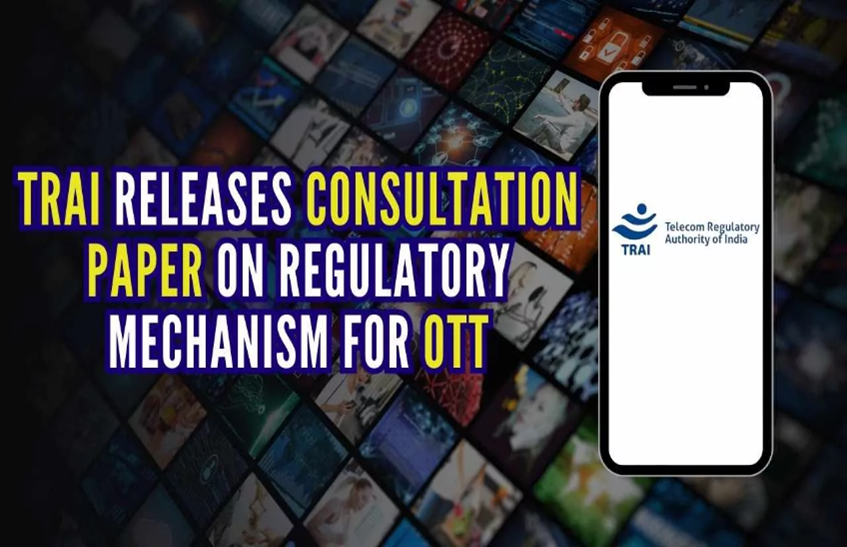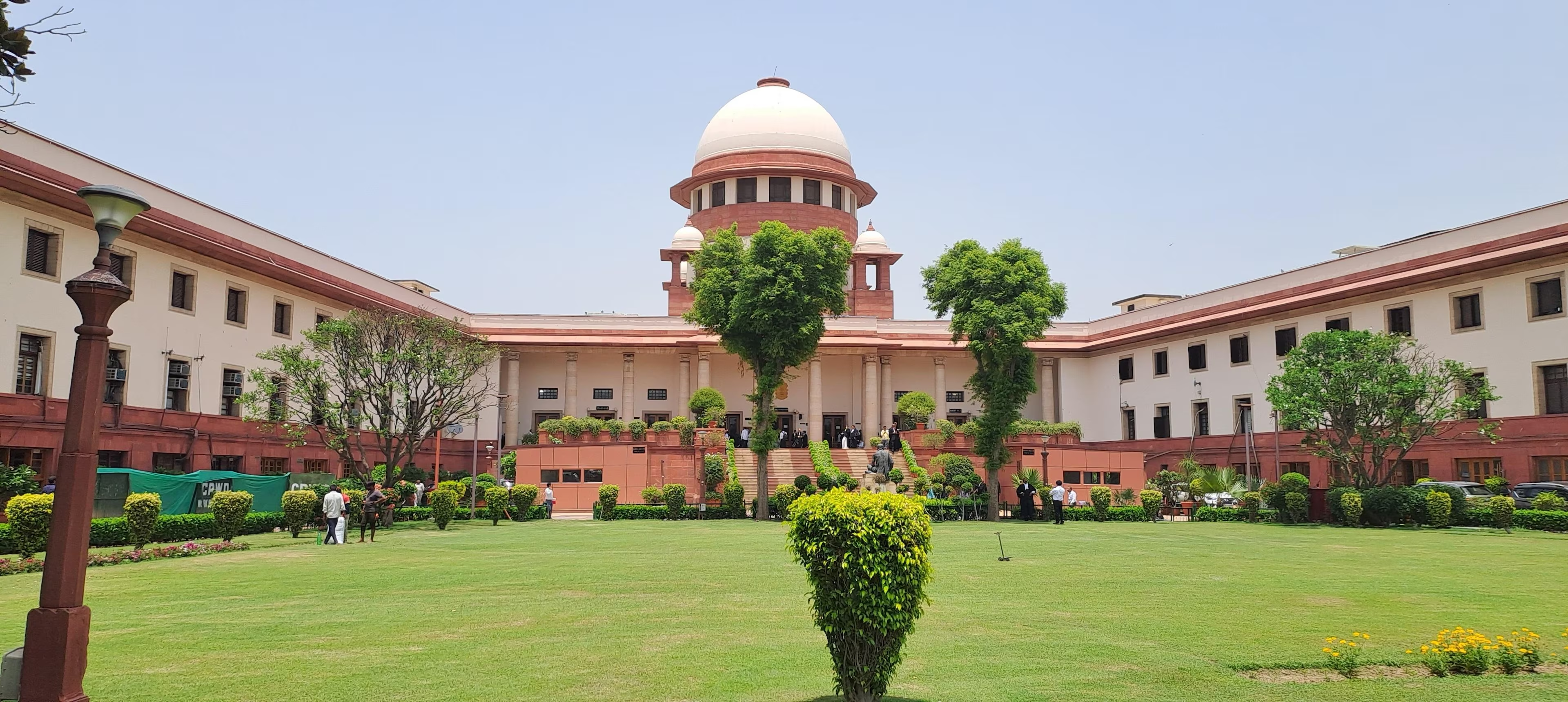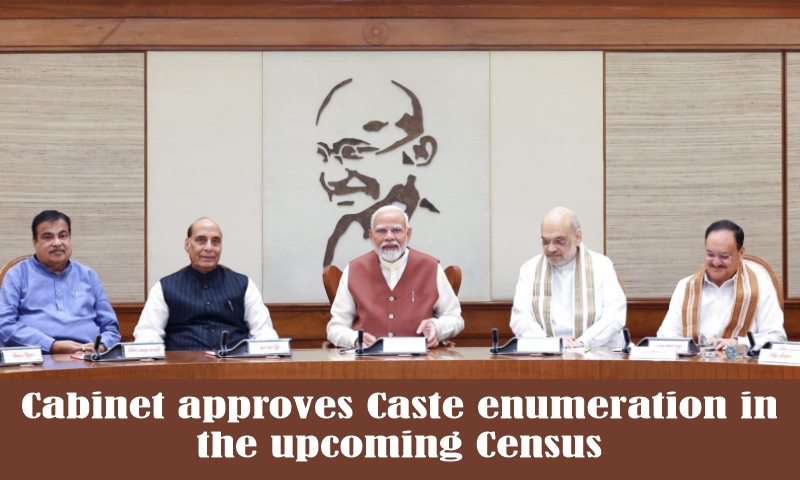- Courses
- GS Full Course 1 Year
- GS Full Course 2 Year
- GS Full Course 3 Year
- GS Full Course Till Selection
- CSAT
- 5 LAYERED ARJUNA Mentorship
- Public Administration Optional
- Online Program
- GS Recorded Course
- NCERT (Recorded 500+ Hours)
- Polity Recorded Course
- Geography Recorded Course
- Economy Recorded Course
- AMAC Recorded Course
- Modern India, Post Independence & World History
- Environment Recoded Course
- Governance Recoded Course
- Science & Tech. Recoded Course
- International Relations and Internal Security Recorded Course
- Disaster Management Module Course
- Ethics Recoded Course
- Essay Recoded Course
- Current Affairs Recoded Course
- ABOUT US
- OUR TOPPERS
- TEST SERIES
- FREE STUDY MATERIAL
- VIDEOS
- CONTACT US
TRAI RELEASES REGULATORY MEASURES FOR OTT
TRAI RELEASES REGULATORY MEASURES FOR OTT
08-07-2023

Latest Context
The Telecom Regulatory of India recently released a Consultation Paper on how Over-the-Top (OTT) communication services should be governed or regulated contrary to its prior recommendation for creating a regulatory framework governing them.
Background
- India is currently the world’s second-largest telecommunications market. As of now, there were 1.172 billion telephone subscribers in the country. With the growth in mobile and fixed broadband penetration, Over -the-top services have become available to customers.
- Over-the-Top (OTT): It is an “application accessed and delivered over the public Internet that may be a direct technical/ functional substitute for traditional international telecommunication services”
- In the past decade, the OTT impacted the telecommunication ecosystem worldwide. Therefore, many countries including India have devised many ways to know the impact of OTTs. Subsequently, the TRAI issued a consultation paper on Regulatory Framework for OTTs in 2015 for consultation with stakeholders but said consultation process remained inconclusive.
- In May 2015, DoT issued the “Net Neutrality DoT Committee Report”. It examined the OTT services and their impact on the telecom sector.
- In 2018, TRAI issued a consultation paper on Regulatory Framework for the OTT Communication Services and raised various issues for comments and counter-comments from stakeholders
- Based on the comments received on the issues raised in the said Consultation Paper and further analysis, the Authority sent its Recommendations on ‘Regulatory Framework for Over-The-Top (OTT) Communication Services’ dated 14.09.2020 to DoT. It recommended market forces may be allowed to respond to the situation without prescribing any regulatory intervention. But it also recommended that this sector shall be monitored and intervention will be made at the appropriate time.
- In 2022, the DoT urged the TRAI to reconsider its recommendation and also suggest a suitable regulatory mechanism for “selective banning of OTT services”
Need for Regulatory Framework for OTT Services
- Due to the very robust growth of OTT services, it is highly desired to look into the various aspects of these services including regulatory, economic, security, privacy, and safety aspects complying with the objective of the National Digital Communication Policy (2018) which is "ensuring a holistic and harmonized approach for harnessing Emerging Technologies.
- Though telecom operators and OTT platforms such as WhatsApp offer similar services, they are not bound by the same requirements – as a result, therefore there is a need for a separate regulatory framework for OTT services.
- Telecom service providers in India have to adhere to several laws including Indian Telegraph Act 1885, TRAI Act, 1997 etc. Such requirements are not applicable to OTT services currently
- To protect the users’ right to privacy.
- OTTs may be impacting the revenues and profits of traditional network operators. Data consumption of a WhatsApp message does not generate sufficient network operator revenue to offset what an SMS would have generated.
- TRAI is a statutory body established under TRAI Act 1997 to regulate telecom services in India. But there is no framework to regulate the OTT services
- There are some technological challenges such as advanced techniques and encryption protocols such as HTTPS make it difficult for service providers to block or filter content at the individual app level. But TRAI still believes to identify and block access to specific websites or apps through network-level filtering or other innovative methods.
- national security interests may need a regulatory framework to tackle the issues such as lawful interception capabilities, preventing misuse of services for illegal activities, and maintaining the integrity of critical communications infrastructure as the importance of OTT communications is growing significantly in everyday communication, including personal, business, and government interactions.



